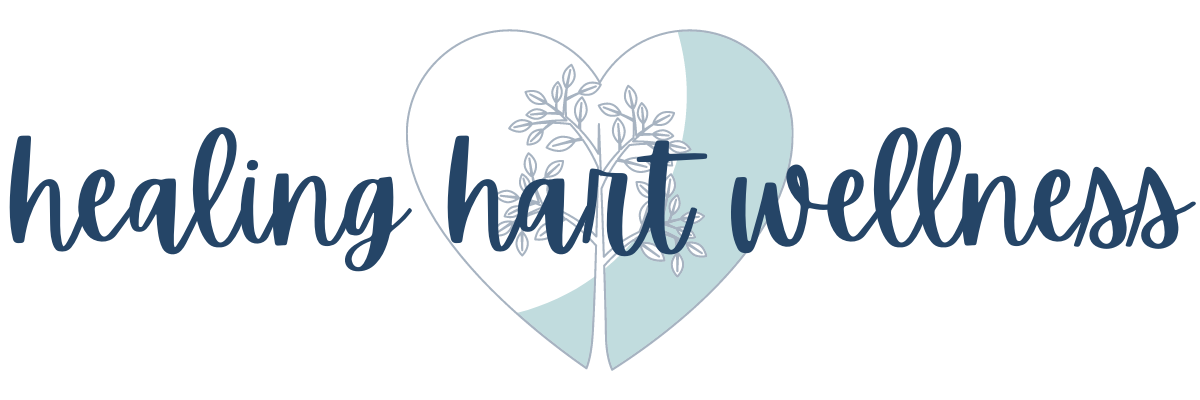
Navigating Back-to-School Stressors During COVID

Combating the Social Isolation of Young People During the Pandemic
The pandemic has been very isolating for many people as COVID keeps us apart from our friends and loved ones. Under normal circumstances, children and teens would usually be focused on building up their social circles and relying on their friends for support during difficult times. Right now, this isn’t really an option for many. Rates of anxiety and depression in young people have risen over the past year and this increase in stress can affect everything from mood and academic performance to appetite and dental health.
During this time helping children and teens stay connected with friends and loved ones can be an intentional act. Typically young people would be able to socialize and connect with others most days through school, extracurricular activities, and by hanging out with friends. With safety restrictions in place, many of their go-to social activities are no longer options. Many teens are still working or have to do other activities that could put them at risk of exposure. This can come with its own stressors, one of which may be spending time away from others who would be in their social circle. It is important for everyone to incorporate safe ways to stay connected during these times and many activities can be easily incorporated into daily life.

Cope & Connect During COVID-19
You wake up and get yourself some coffee, enjoying the few moments of quiet before you awaken the house. Once you start waking up your child(ren), the day involves making sure they are on their live sessions, helping them check off items on their to-do list, managing a meltdown or two, and corralling them back to their desk to finish their work. You feel pressure to be enjoying these moments, but in reality, you just want them to learn from their teachers at school, and you kind of feel guilty for those feelings. Sound familiar? You are not alone.
The times we are in are not fun-filled vacation times. Your young person is struggling with the disruption in their routine, and I would bet you are dealing with a mix of meltdowns, anxiety, trouble falling asleep, clinginess, difficulty paying attention, change in appetite, sadness, and/or frustration in your home right now. Let me repeat: you are not alone. Right now, your child needs you to help them figure out how to manage their feelings and survive this challenge. Right now, they need you to help them develop skills to cope and to connect. Let’s look at what this means and how to help.
Cope: Young people need to learn skills to manage their emotions in a healthy way. You may have noticed that your child is struggling to use the strategies they found helpful prior to this pandemic. Perhaps they are regressing or having more meltdowns. Let’s explore two different strategies to help your young person learn to cope.

